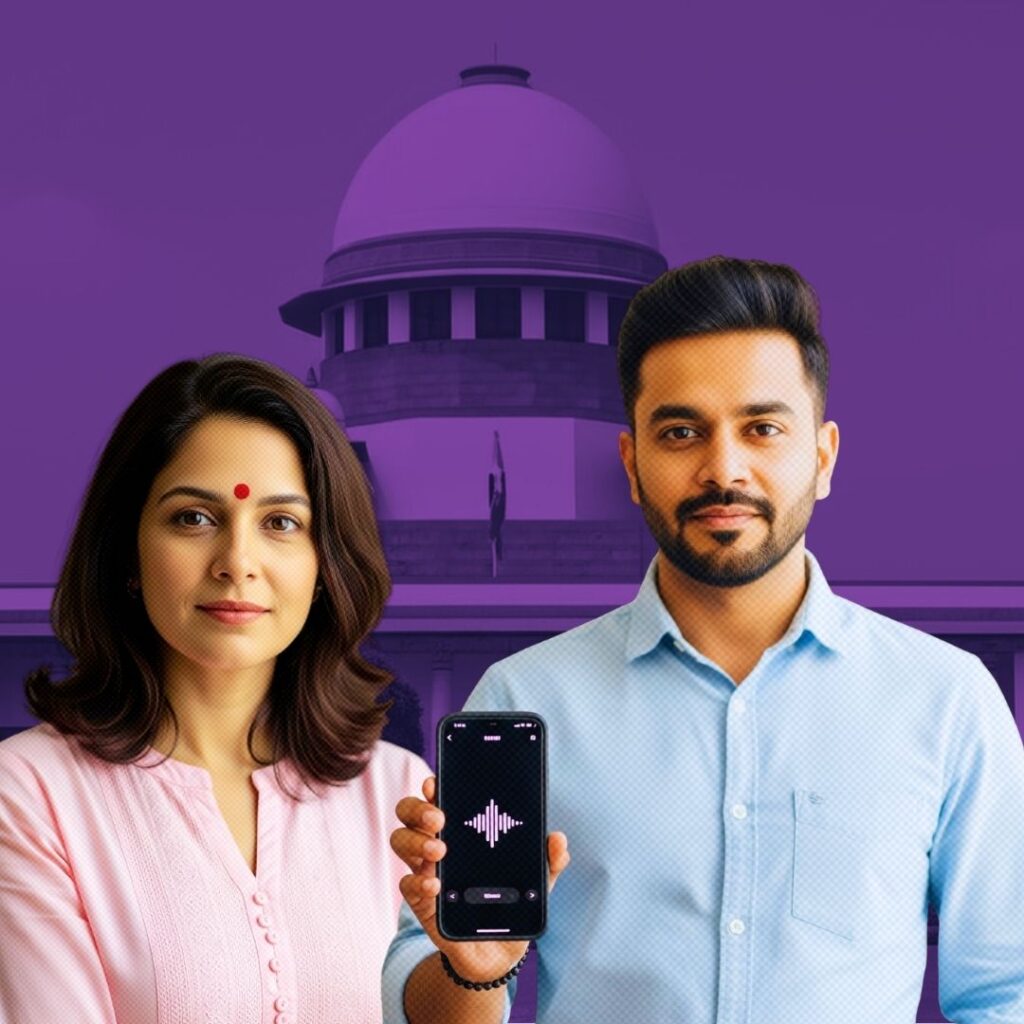Article by: Narasimha Donthineni
In October 2011, Uttar Pradesh MLA Umlesh Yadav, the wife of convicted politician DP Yadav was disqualified from Uttar Pradesh assembly for wrong filing of election returns on account of paid news. She was also banned from contesting elections for three years.
Recently on June 23, 2017, senior Madhya Pradesh minister Narottam Mishra, from BJP was disqualified by the Election Commission of India (ECI) and debarred from contesting elections for three years. This was later stayed by the supreme court of India. According to election commission, he was found to have filed wrong accounts of election expenditure.
Congress leader and his opponent Rajendra Bharti complained to the ECI in 2008 that Mishra paid for a series of “news” reports published in various newspapers ahead of the 2008 assembly elections to enhance his prestige among voters.
The Election Commission issued a show-cause notice to Mishra in 2013 that said: “42 news stories that were published in various newspapers between November 8 and 27 in 2008 appear to be advertisements in the garb of news.”
After hearing to Narottam Mishra’s explanation, the ECI found him guilty and disqualified him under Section 10A read with Sections 77 and 78 of the Representation of People’s Act, 1951. The Section 10A of the Act empowers the Election Commission to disqualify a candidate if he/she fails to submit an account of their poll expenses in the time and manner required by the Act.
Narottam Mishra tried to challenge this in various courts but failed to get the disqualification quashed until July 28, 2017, when the Supreme Court stayed the Election Commission’s decision and asked the Delhi High Court to hear the matter and take a decision.
Gamechanger or a false dawn?
Though delayed, the Election Commission of India has taken a bold decision. This is only the second case where an elected representative has been disqualified for the wrong filing of election returns on account of paid news. The first case was the disqualification of Uttar Pradesh MLA Umlesh Yadav, the wife of convicted politician DP Yadav, in October 2011. She was also banned from contesting elections for three years.
This disqualification is indicative of multiple things. Firstly, that procedural delays (including courts) cannot prevent politicians from escaping punishment after committing electoral frauds. Secondly, that candidates or political parties can be whistle-blowers if need be. Thirdly, that the Election Commission will not remain a silent spectator when there is enough proof of election expenditures being tweaked.
The myth of “Free and Fair” elections
There are many issues that Election Commission has not been able to address. My experience of contesting GHMC Elections (Greater Hyderabad Municipal Corporation) in 2016 made me realise how badly the Election Commission is failing in establishing a level playing field for all candidates. The issue of “hidden expenditure” in elections is not being tackled in any way except checking the vehicles for any unaccounted money. When the Election Commission is unable to punish any candidate regarding the illegal money, liquor, goods seized during elections, saying that the source is not traceable, one wonders how “fair” the elections are!
The money spent on illegal hoardings, paid volunteers, logistics, distribution of goods and liquor, technology, etc. is not being tracked by the Commission. The only money that the ECI tracks is that which is spent on campaign vehicles, pamphlets, banners in events, legal hoardings and newspaper advertisements.
The Commission doesn’t contest any contestant’s claim on election expenditure despite tracking many expenditures. In that case, why does it need a number of officials to track election expenditure during an election campaign?
The ECI is also bothered only about tangible expenses, that too undervalued ones like paid news. It has different slabs for different slots and sizes of advertisements mentioning the minimum expense to be shown for various categories. This doesn’t take the circulation and penetration of magazine into consideration.
Section 77 of the Representation of People’s Act says that election expenditure only from the day of nomination needs to be filed in election returns. This gives leverage for candidates with money power to spend a huge amount of money until one day before their nomination. In the 2016 GHMC elections, the state election commission made life difficult for candidates by announcing reservations to divisions only one month before the election. One month is not enough time for candidates to reach out to the electorate and convince voters.
Though the distribution of money, liquor and goods for votes is widespread, the ECI is unable to curb it. The two disqualifications on the grounds of paid news mentioned above are not suo moto but based on complaints from opposition …











